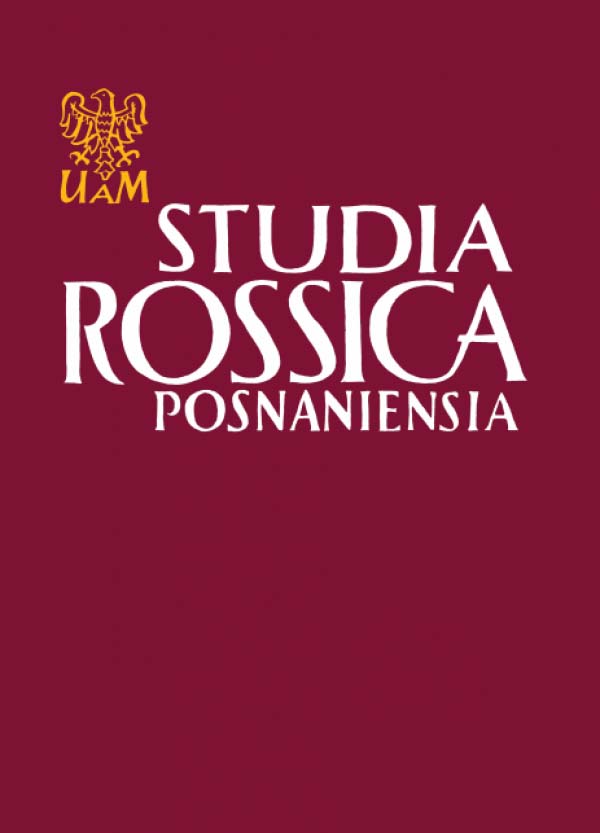ROLA I MIEJSCE IWANA TURGIENIEWA W LITERATURZE POLSKI LUDOWEJ
THE ROLE AND PLACE OF IVAN TURGENEV IN THE LITERATURE OF PEOPLE’S POLAND
Author(s): Jerzy LitwinowSubject(s): Language and Literature Studies, Studies of Literature, Philology
Published by: Uniwersytet Adama Mickiewicza
Summary/Abstract: At the end of the nineteenth century the works of Ivan Turgenev enjoyed a great popularity in Poland. In the period of modernism they were shadowed by the fame of L. Tolstoy and F. Dostoyevski. Turgenev did not regain his previous position in the period between the two world wars. The situation took a radical turn after 1945. The permanent rise in the interest in the author of 'Fathers and Sons' found its expression in translations of practically the whole of the literatury output of the author and numerous reprints. His works were introduced into the Polish theatre and school syllabus. The Polish opinions of the writer were in those days strictly connected with the polemics concerning the character of the Polish postwar prose, particularly — a little later —with the problems of socialist realism. Not with standing the slogans of “learning from the classics” the problems of the author’s workshop were treated with neglect in the Polish model of Turgenev in the fifties. Social aspects got the main stress, often in a spirit of vulgar sociologism. It was unanimously stated that Turgenev was a progressive writer engaged in social and political problems. It was stressed that his works had an outstanding role as a “mirror of the period”. He was considered to have been a source of moral and intellectual unrest and stimulation for society. In the interpretation of the Polish critics Turgenev’s works turned into photographs of the period, a historical document of high cognitive values. After 1956 this model of Turgenev could not be satisfactory. Hence the marked decline in the writer’s popularity in Poland. Turgenev’s problem ceased to be a topical literary one, but it aroused lively interest on the part of historians of literature. In recent years attempts have been made at restoring the great Russian writer his due position in Polish literature. This tendency is expressed in reeditions of his works and historical-literary investigations.
Journal: Studia Rossica Posnaniensia
- Issue Year: 1/1970
- Issue No: 1
- Page Range: 49-57
- Page Count: 9
- Language: Polish

